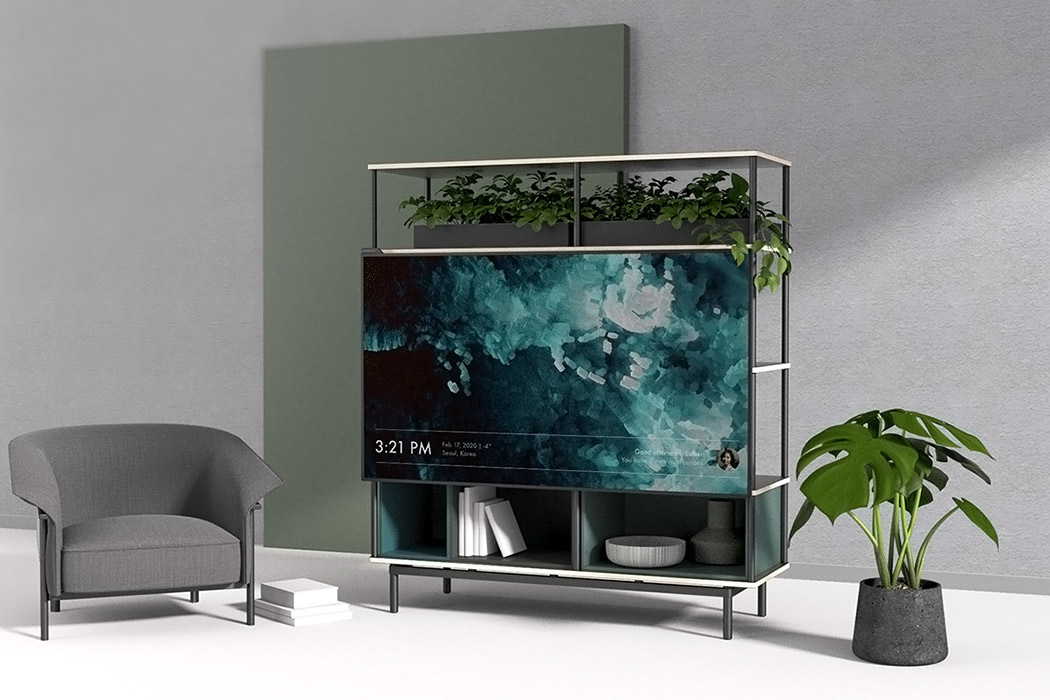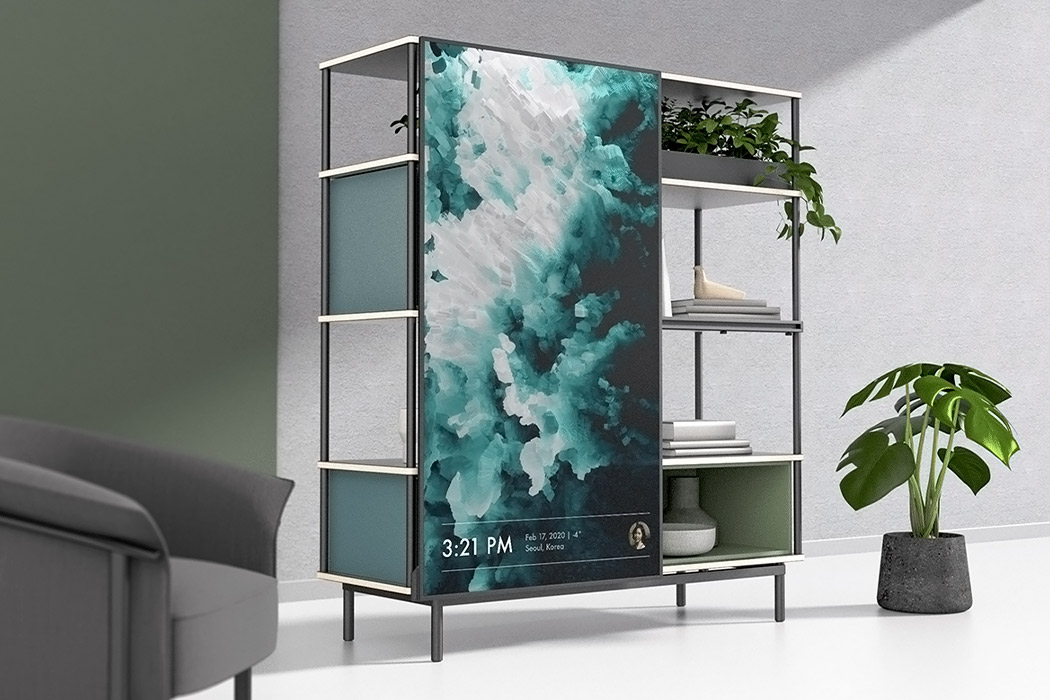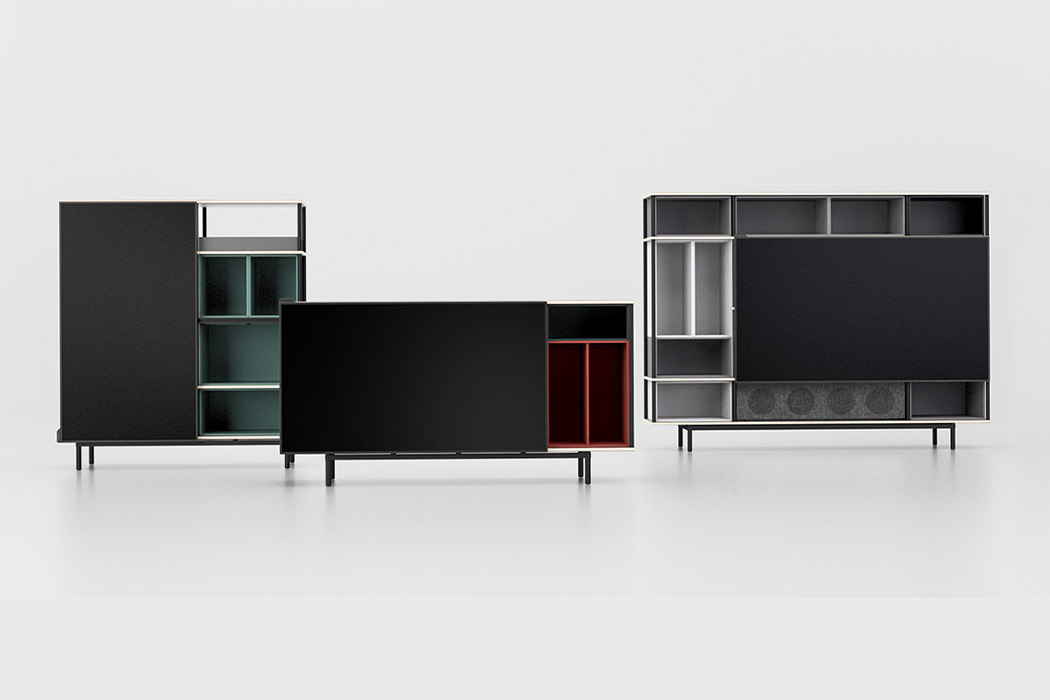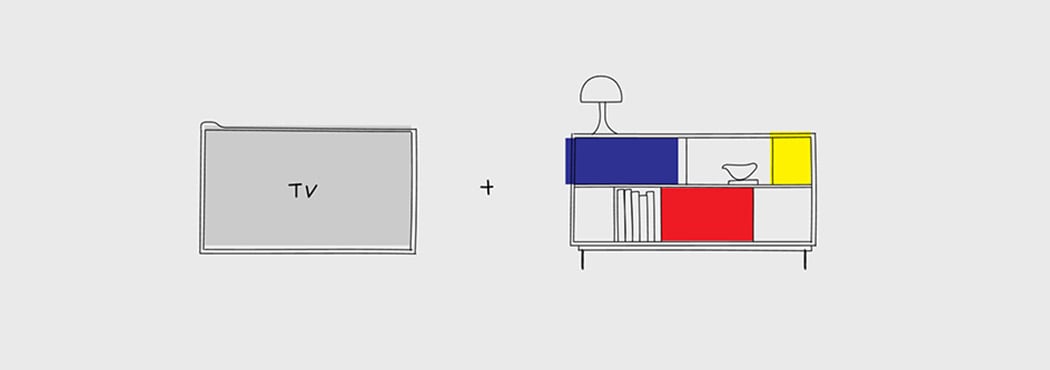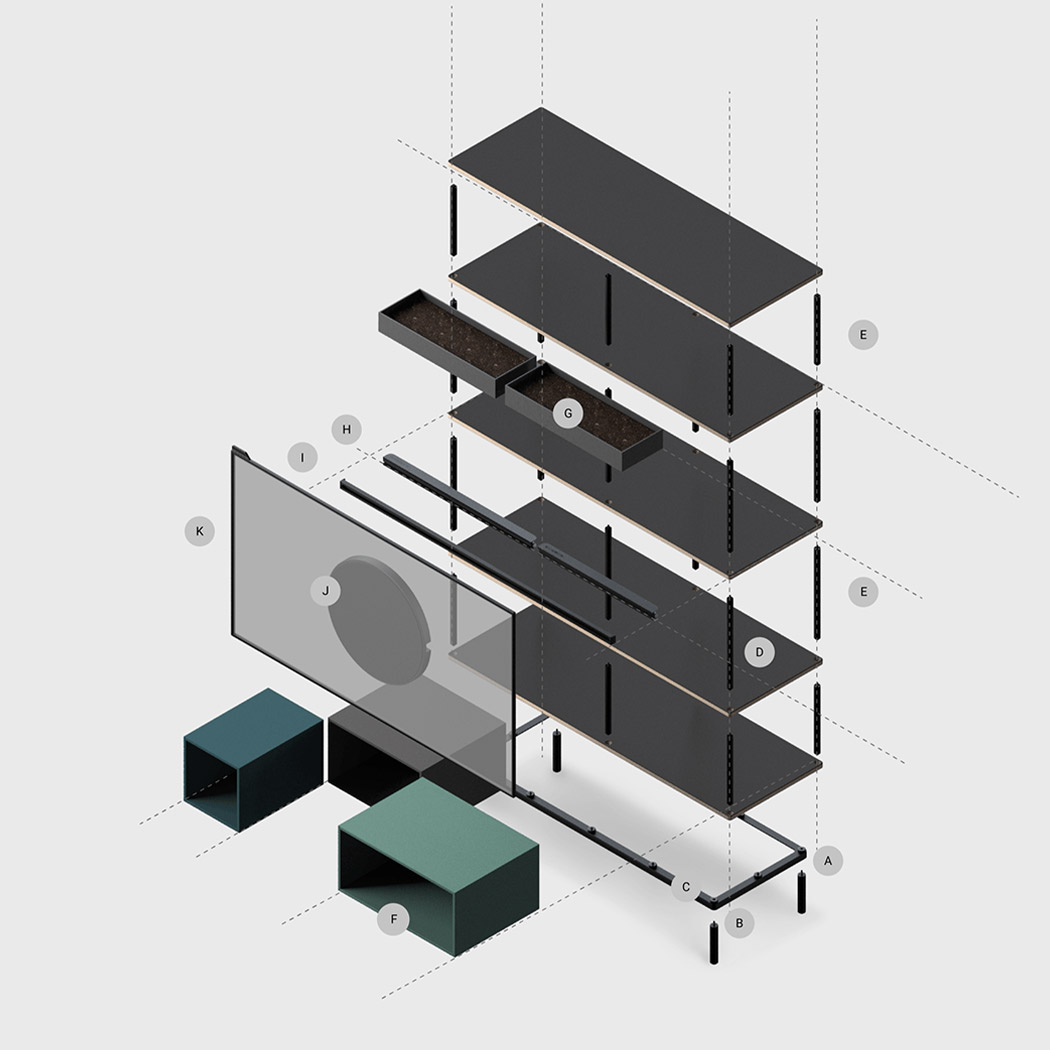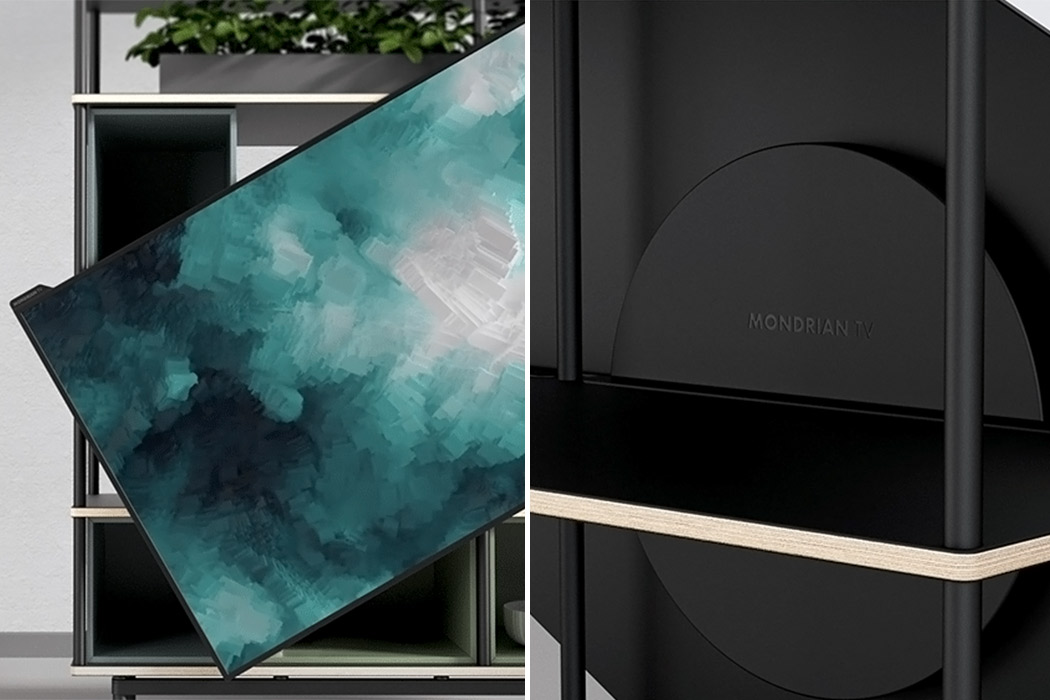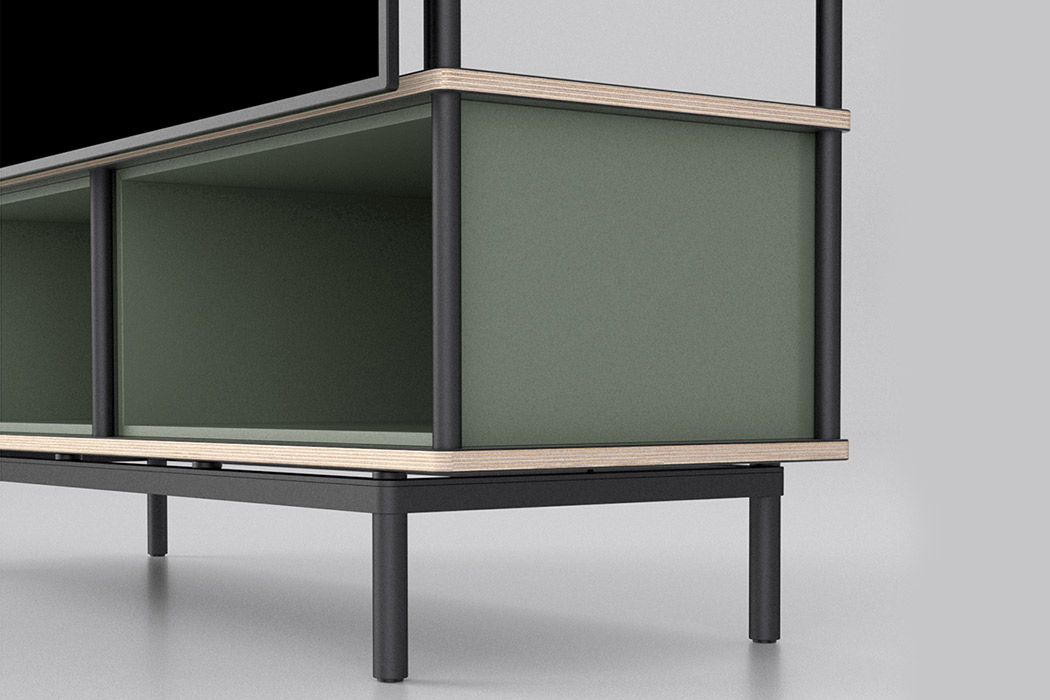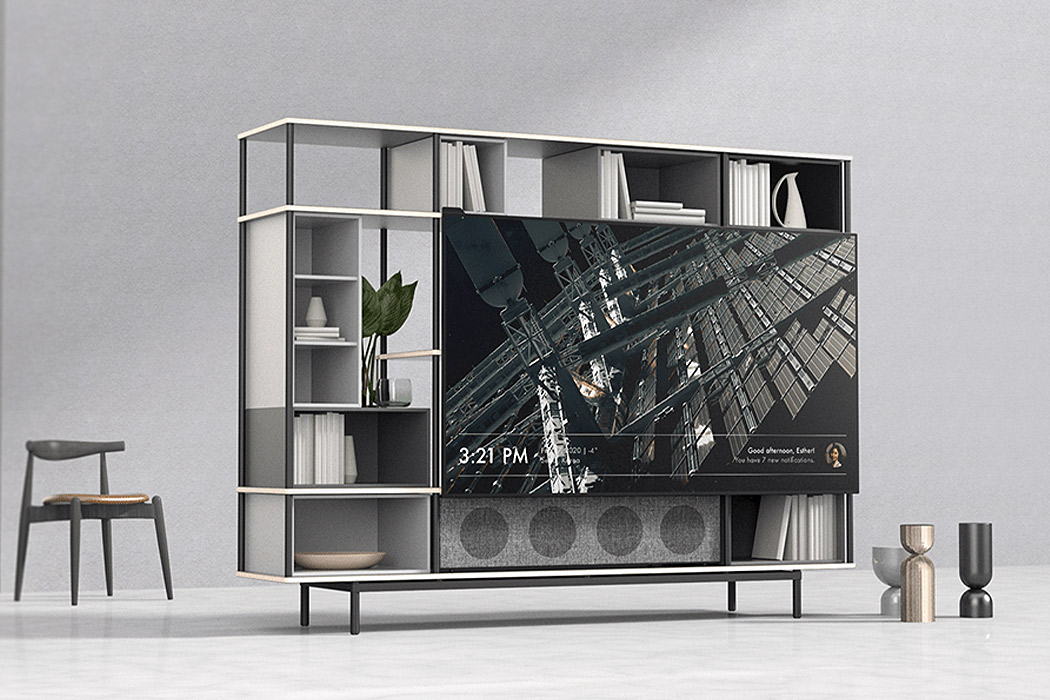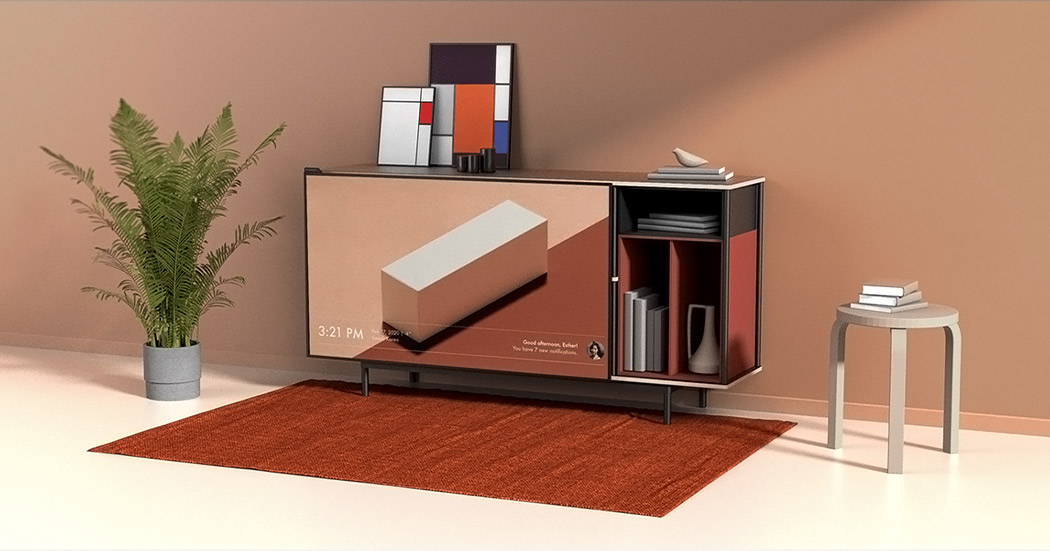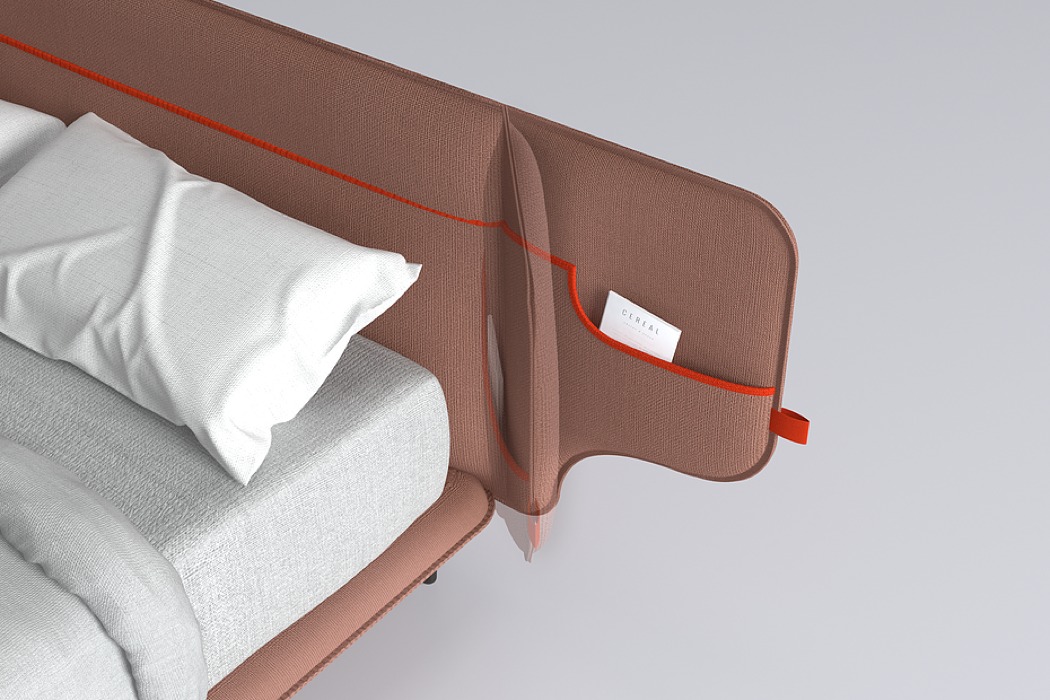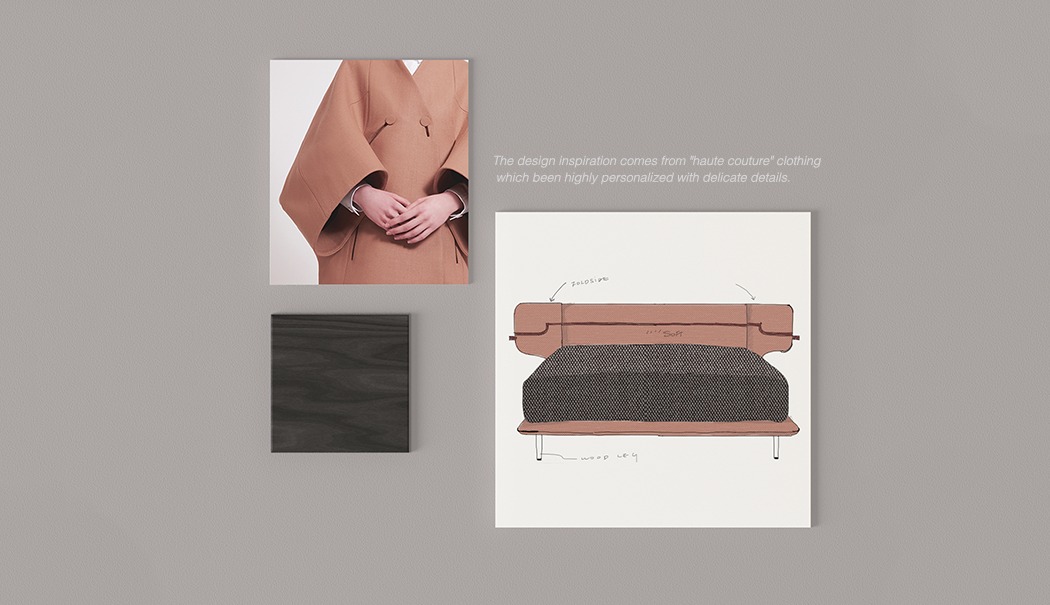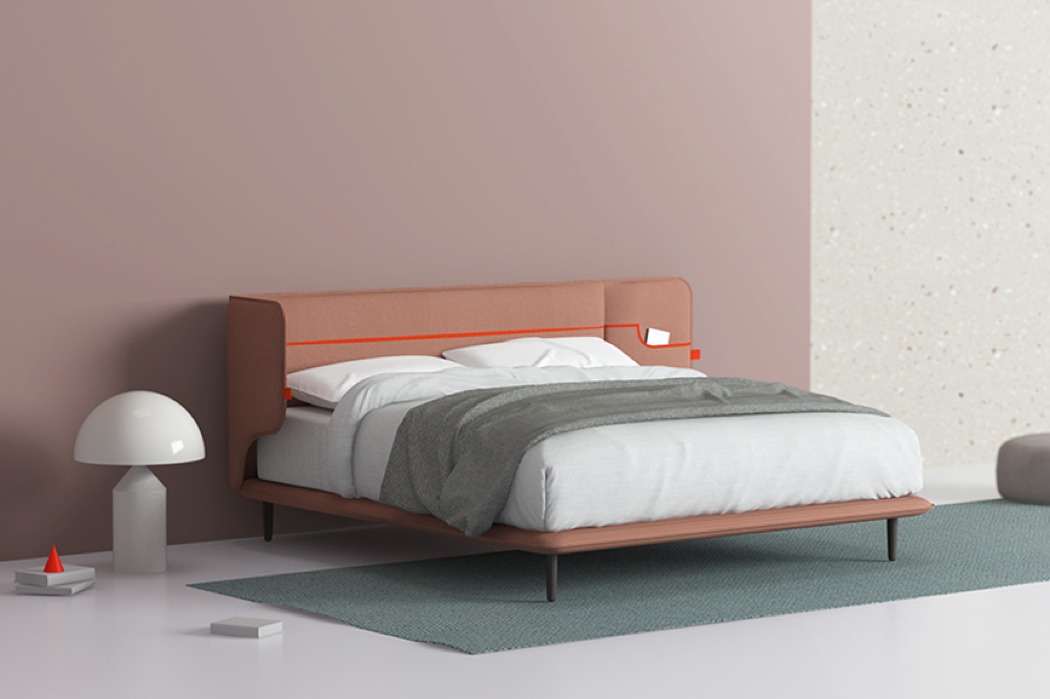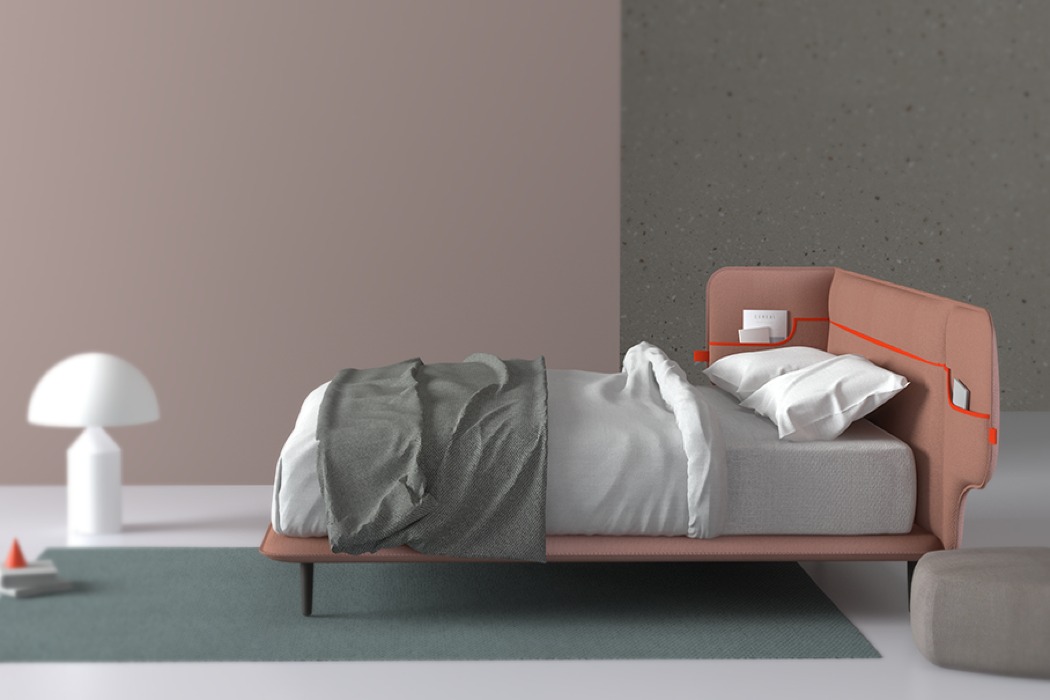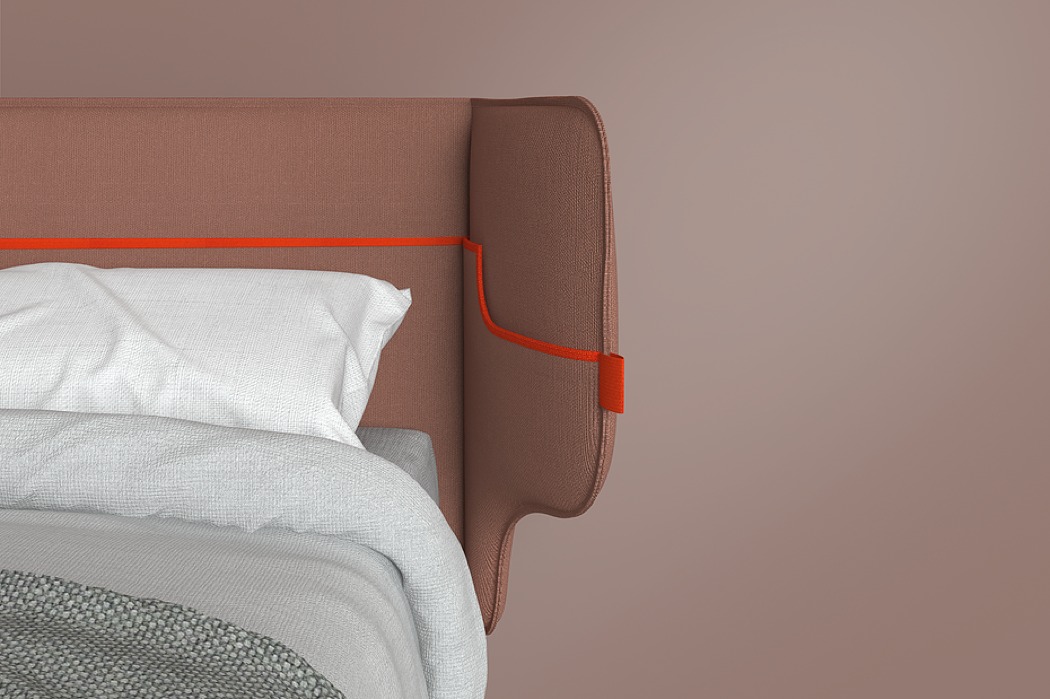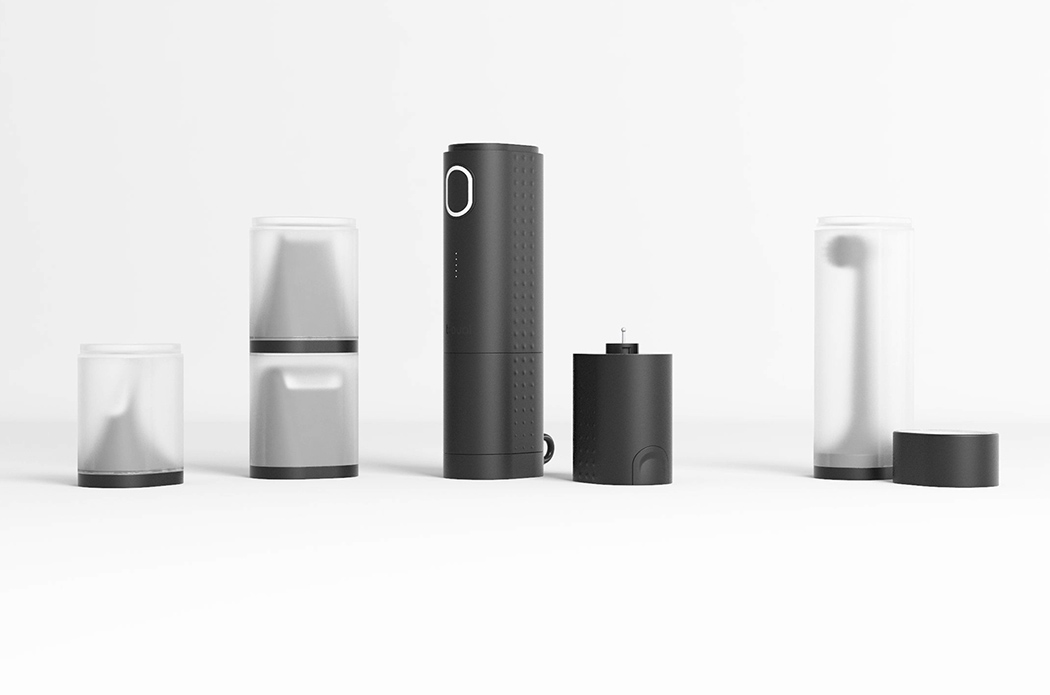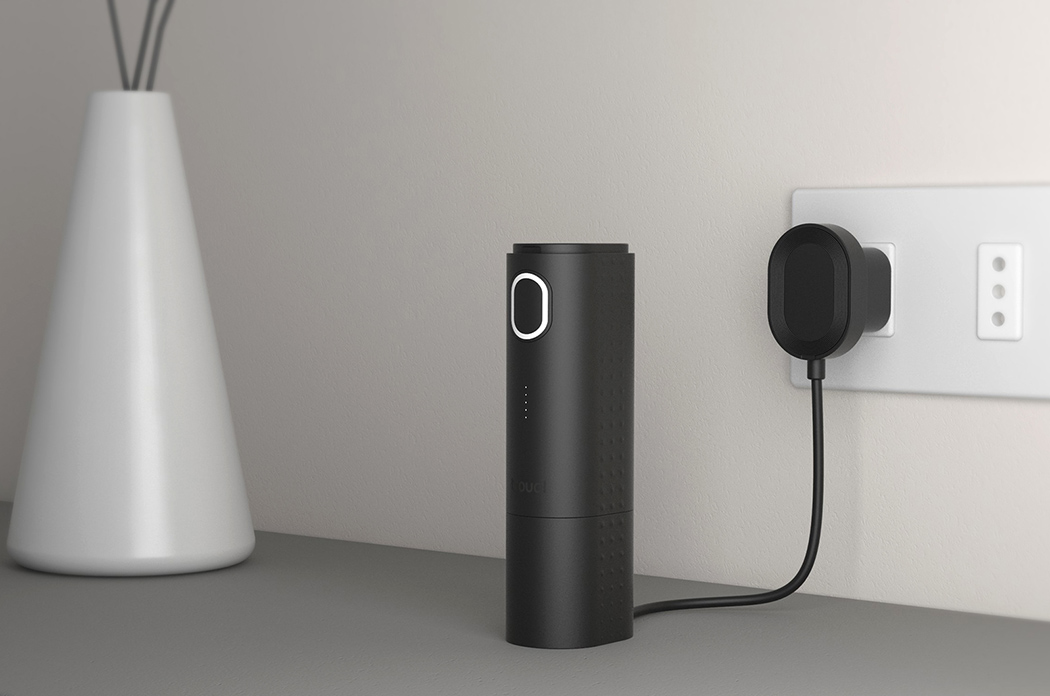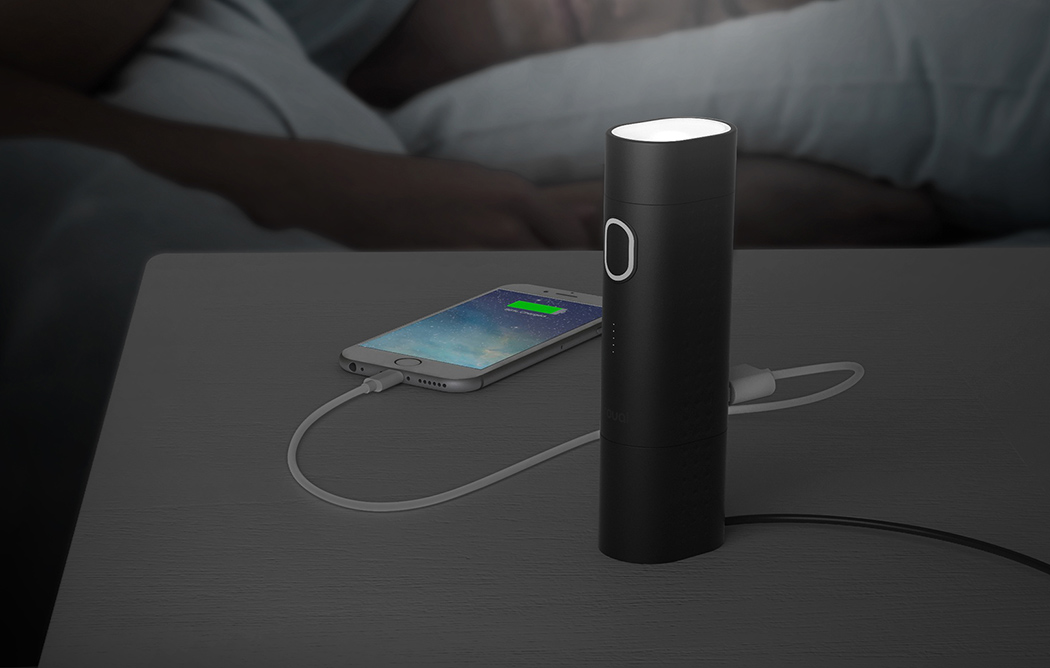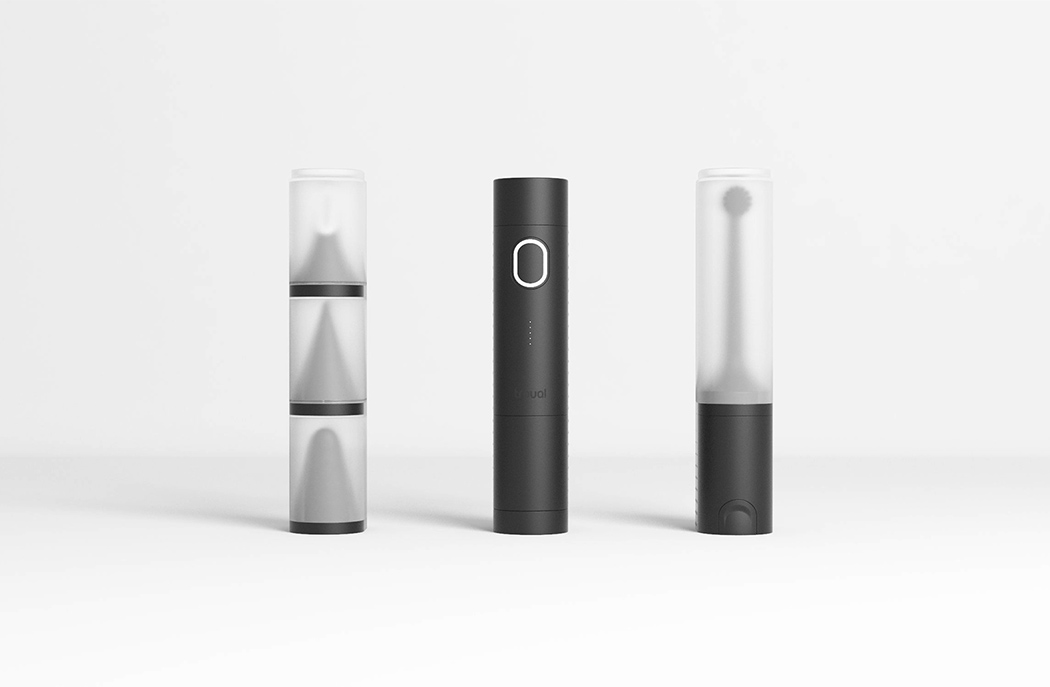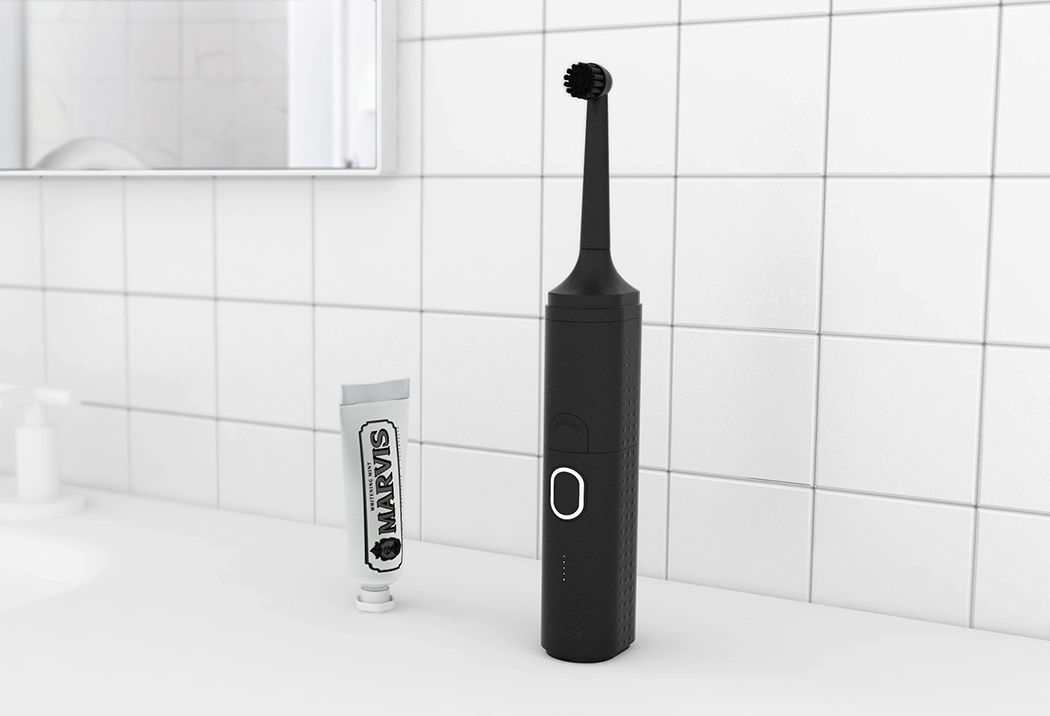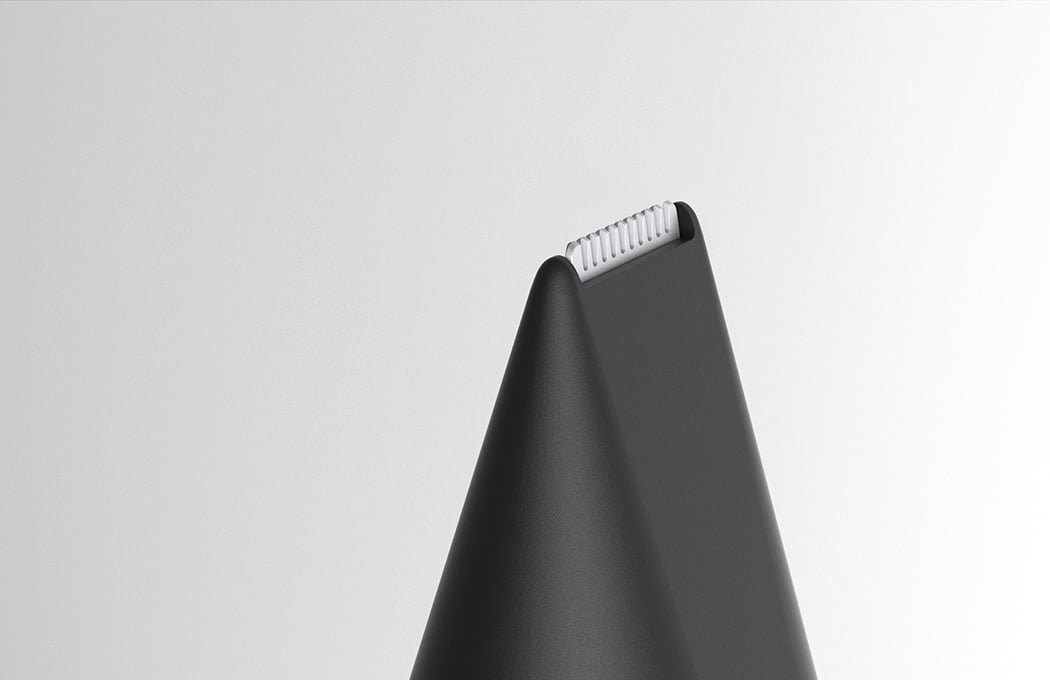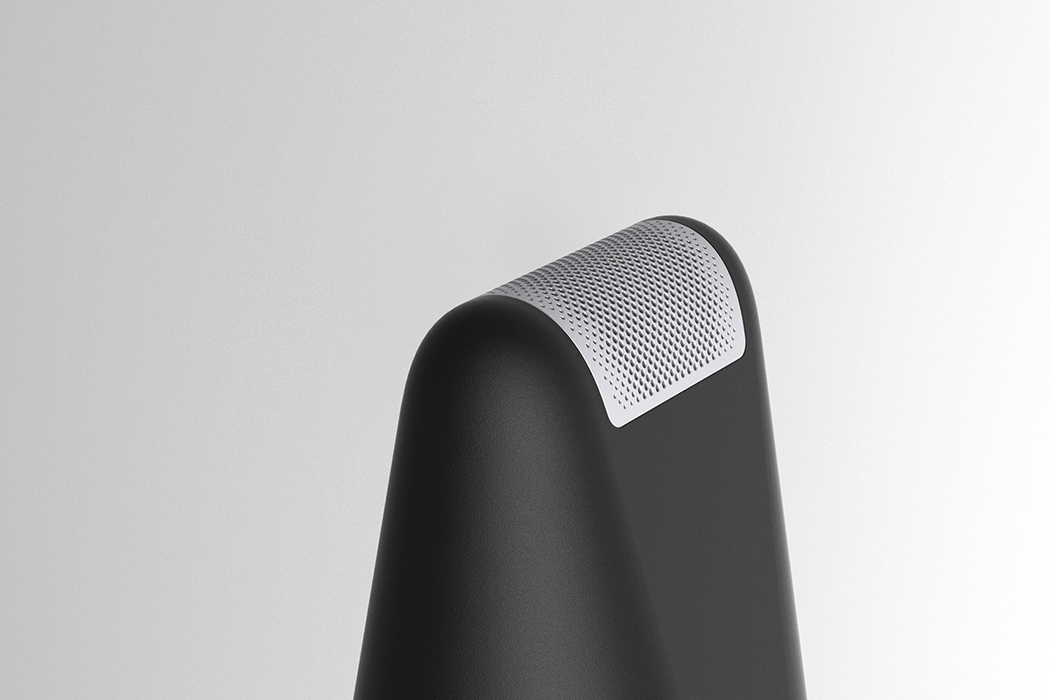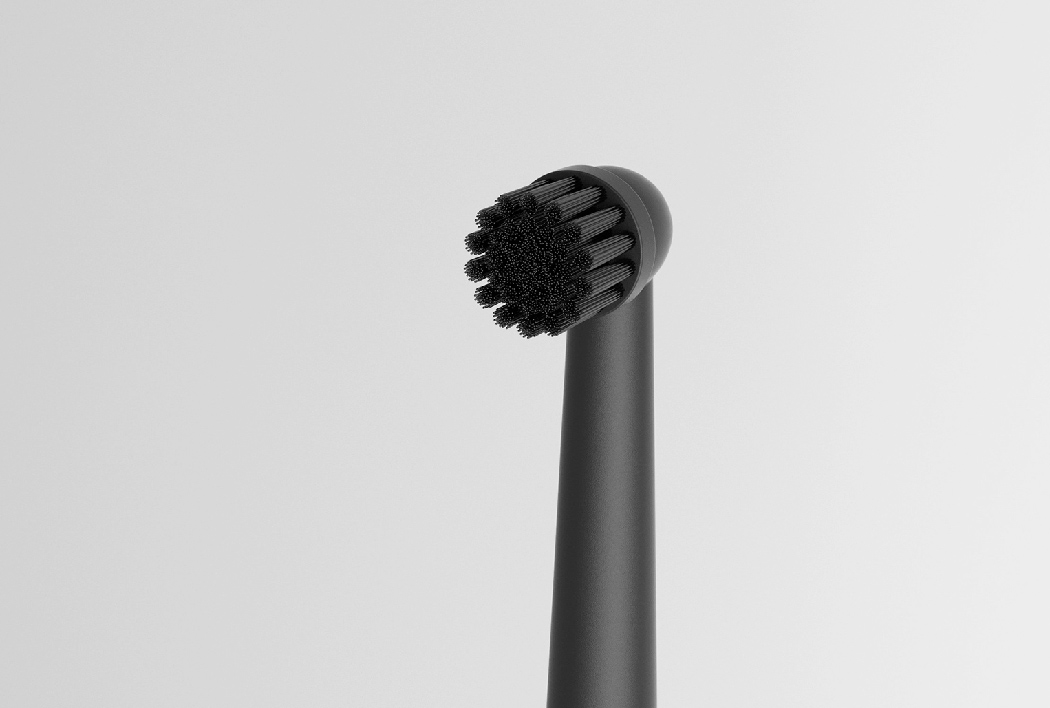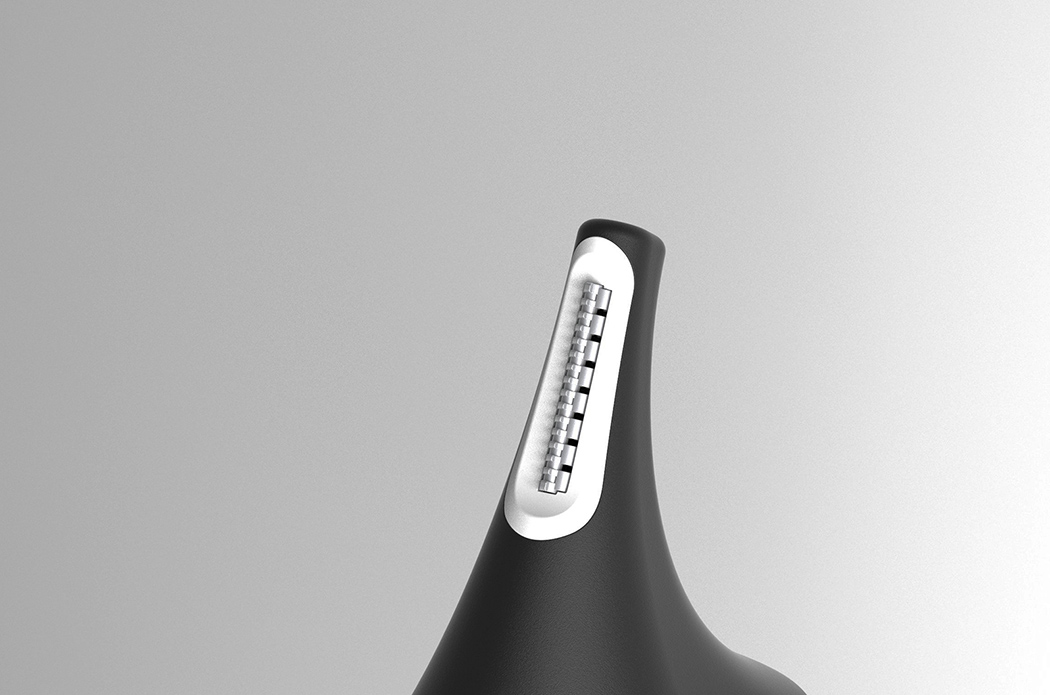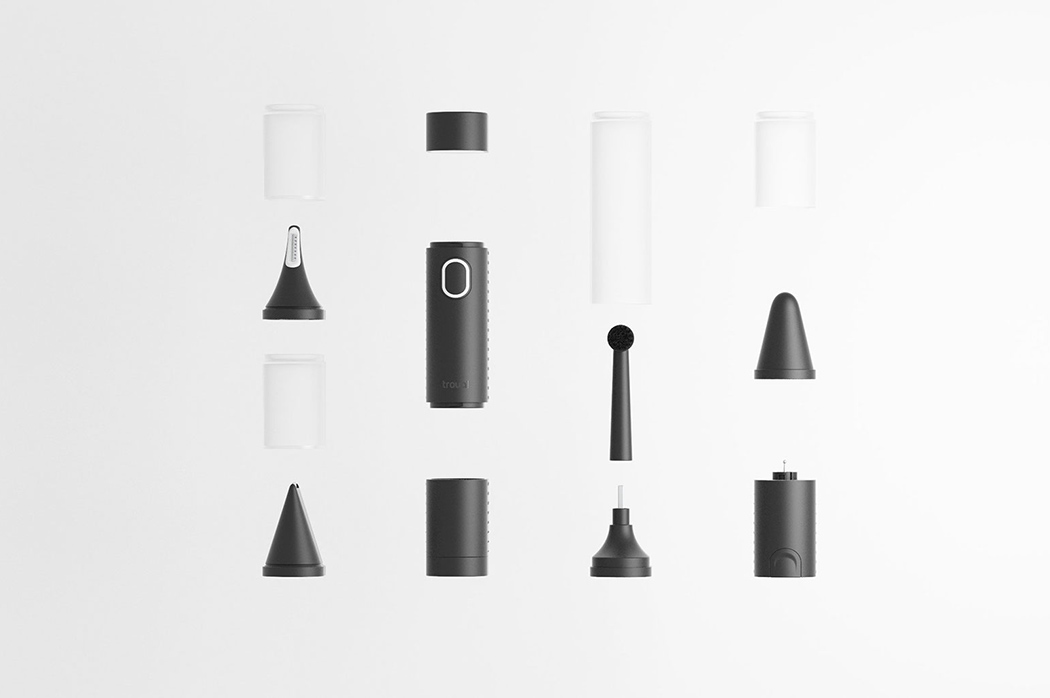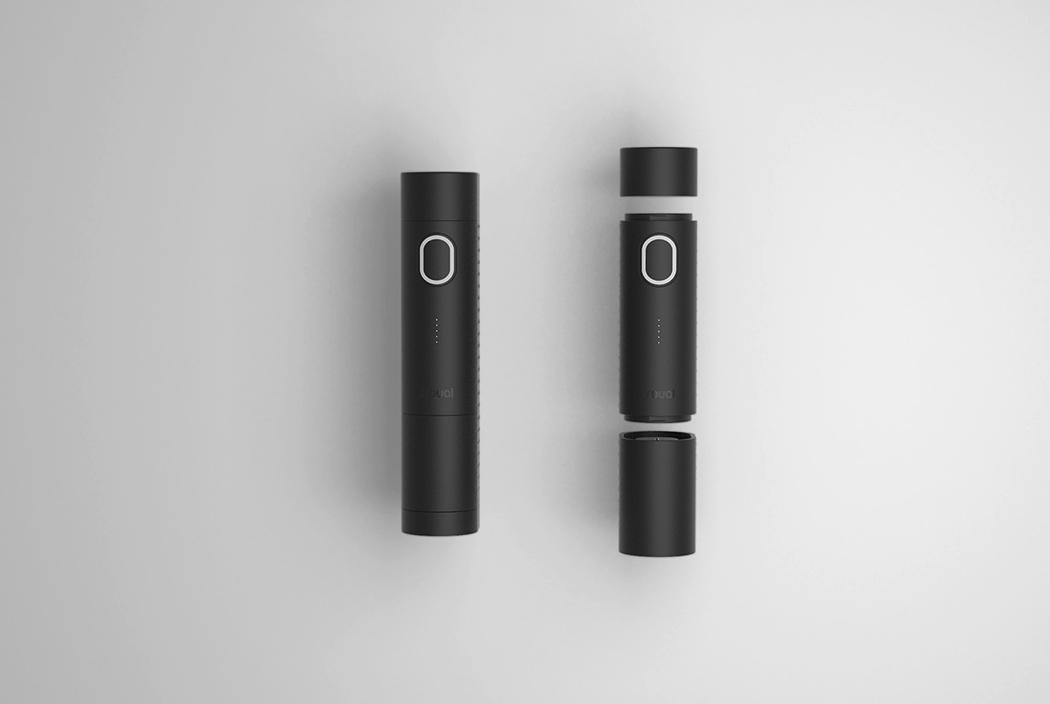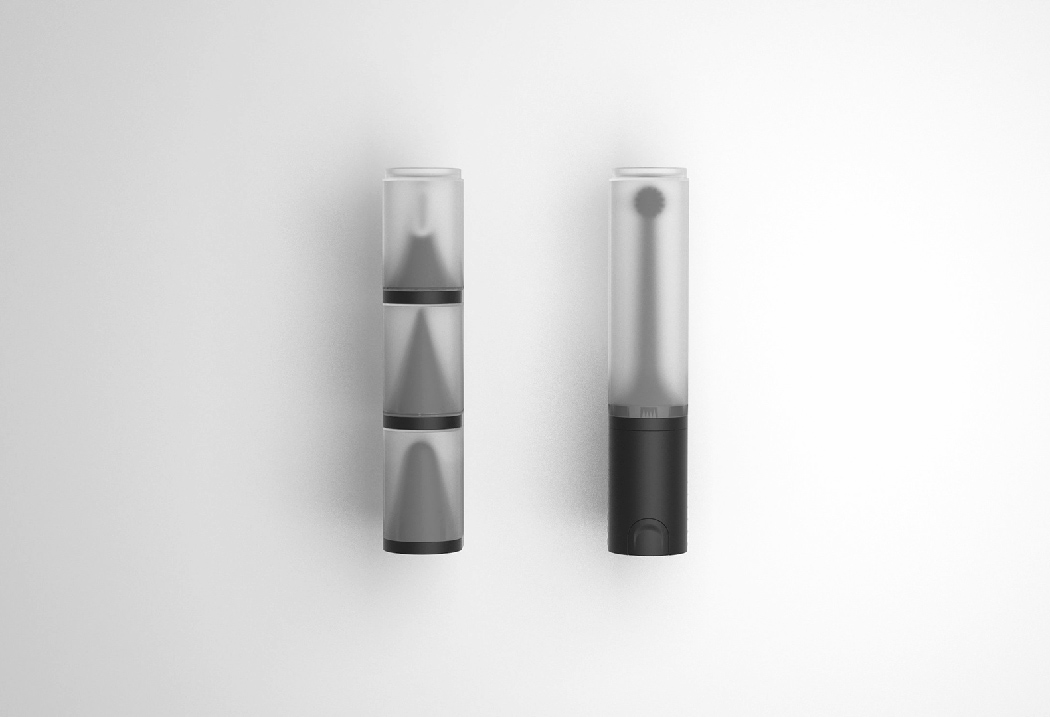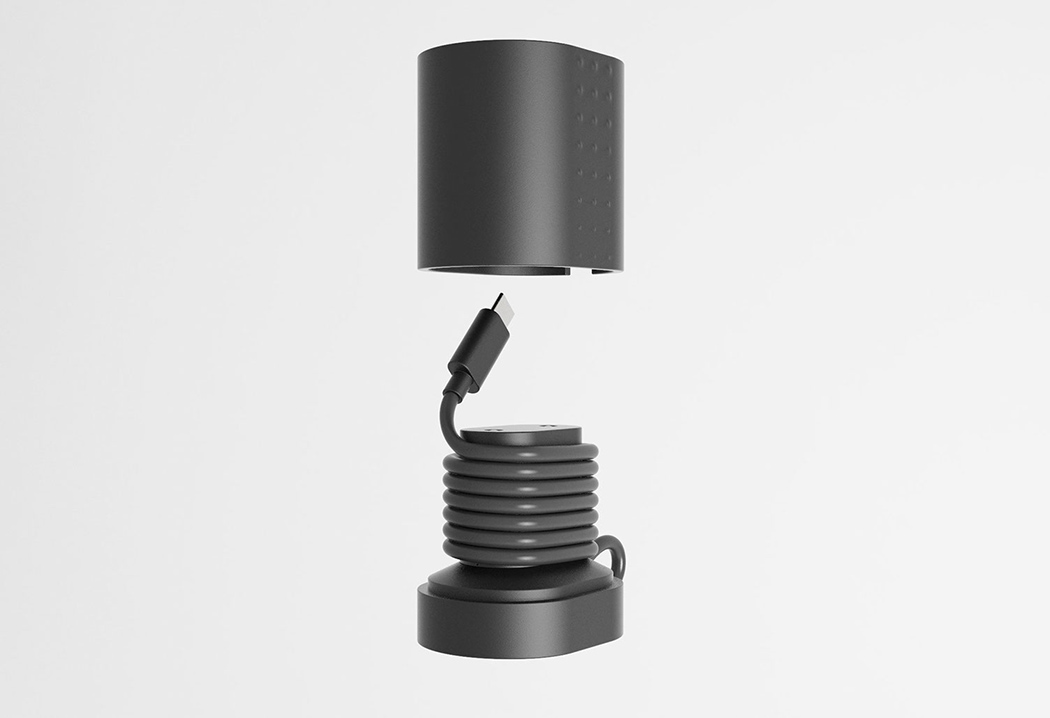This pandemic saw popular streaming platforms skyrocket even higher as we all spent more time indoors. Research firm The NPD Group reported sales of TVs that were 65 inches were up 53% (in units) over the first half of 2020 and TVs bigger than 65 inches were up 77% in April-June compared to a year ago. Not every space is made to accommodate large TVs but everyone deserves a good Netflix binge session to get through this year and that is why we want to encourage TV designs like the Mondrian – a conceptual OLED screen that works in harmony with a modular furniture setup!
Inspired by the Dutch painter Piet Mondrian’s composition of form and color, the Mondrian setup was made to allow a wide range of applications and blend into any interior setting. The aim was to solve three issues we experience with watching TV as we currently do – taking up space, not matching with the aesthetics, and lack of expandability. Urban apartments and single-person households need to maximize their space and should not have to choose between a large appliance and furniture when they can have both. Talking about interior aesthetics, TVs are now increasingly slimmer while furniture remains warm and cozy – this causes a visual mismatch when the two are put together. Mondrian’s design serves both purposes with one seamless structure. TVs are now being used in many ways and need to be able to adapt to the different content it supports, not just static pre-made products.
The contemporary piece of furniture is highly customizable and perfect for a flexible lifestyle. Piet Mondrian himself didn’t just focus on the objects itself, but rather on the relationships formed once you connect two or more together and that is the philosophy followed by Mondrian’s design team who said, “The final form should not exist in nuts and bolts, but somewhere in between.” This is also why it was created with a DIY spirit so you can build your own custom combination using the hardened steel pedestal, bottom-up grid, mounting solutions and the OLED screen. Choose your size, stack up the rows and columns, screw in the legs and the nodes, add shelfs and lastly add the rotating mount for your screen. It gives you complete freedom of how the modules will come to life in your space.
Designers: Harry Dohyun Kim, Weichih Chen and Fuhua Wang
